I’ve been reading a book by the journalist Abigail Shrier — Bad Therapy — which describes just how demented our obsession has become with unbuttoning the stiff upper lip. Nearly 40 percent of American children have received treatment from a mental health professional, she says.
The desires of children came second to the desires of adults, and whingeing was frowned on
What the book makes painfully clear is that all this twenty-first century medicalizing of normal emotion, the endless therapy, is worse than useless. How can it be working, if so many adolescents in the Anglosphere describe themselves as anxious or depressed? Last week, the psychologist Jean Twenge revealed that for the first time since such data started being recorded in America, more young men are committing suicide than middle-aged ones. Similarly, Britain’s office for national statistics data shows a steep rise in suicide by young men too. What do you think they need? More therapy?
The worst of it is that if Shrier’s right, the therapeutic approach to child-rearing seems to actively create the problems it’s seeking to alleviate — it’s iatrogenic. You send a child to a therapist because they seem depressed and that’s what the other moms do; because you’re anxious yourself, it’s much easier to buy help than to summon the wherewithal to provide it. But what you’re telling your child when you pack ’em off to the shrink is that they have problems so significant and so out of the ordinary that even a loving parent can’t hope to help. What you’re telling them is that they haven’t a hope in hell of learning to cope with their problems themselves. So they don’t, and they learn to turn not inwards but outwards.
For decades now, across the West, we’ve been taught to look back at the Victorians with horror. If this is the age of emoting, that was the age of terrible repression. But in many ways Bad Therapy is a vindication of the morals and attitude that prevailed in my own childhood.
My grandmother was born in 1907, and I grew up for the most part in her house, formed by the same codes of behavior that had formed her: don’t show off and don’t complain; put others first and keep your elbows off the table. If something delicious was in short supply, the house rule was “Family Hold Back.” “FHB” the aunts would hiss, craning around to glare at the greedy young.
The desires of children came second to the desires of adults, and until we were seven or so and could sit reasonably still, we ate in the kitchen, away from the adults. As a family, we rarely discussed feelings and never bodies or sex. Sometimes when I was playing with the dog, my grandmother would look down fondly and say: “Stop making love to the dog.” The older teens would choke with laughter; the younger ones, watching them, would strain to understand the joke.
The aunts had had their share of suffering. They had lost siblings, husbands, children. But they dealt with it by very deliberately not talking about it, or certainly pas devant les enfants. Whingeing was frowned on, grit rewarded. If a child fell off a horse, for instance, it was considered vital to get it straight back on before the tendrils of fear could take hold. Adults saw this as a matter of urgency, and raced to prop us back on our evil ponies with just the same anxious concern that mothers now race to kiss a grazed knee. “You’re not a rider until you’ve hit the ground seven times.” It was considered in very bad taste to overpraise a child.
Because it’s become taboo not to have been damaged by any brush with Victorian values, in the interests of destroying stigma, I should add that this wasn’t remotely traumatizing. Being loved but not prioritized was liberating; being smacked didn’t worry me one bit, as long as the punishment felt fair; and though these days you can call yourself a “survivor” if you went to boarding school, I was happy there. It was the perfect place to take reasonable risks, the sort of environment that psychologists like Jonathan Haidt and Jean Twenge now recommend. As long as you managed not to topple from a rooftop blind drunk or fall into the clutches of a pedo teacher, you left school relatively resilient.
That was the last of the stiff-upper-lip era, I know now. Stoic Queen Elizabeth was on the throne, and hand-wringing Charles III and the emoting princes waiting in the wings. As I grew up and moved on, I imagined that we’d all loosen up a little and that that would be a good thing. I didn’t imagine that forty years later, I would find myself bringing up a child in a culture that has been created quite deliberately in opposition to the one I was molded by — that it would be like living in a photo-negative of my youth and that it would be so much worse.
Shrier points out that we ask our children constantly if they’re happy now and that this is in itself depressing. She’s absolutely right. I have a good friend who greets people with a cheery: “Hi there! Are you happy?” It takes a good ten minutes every time to recover from the sudden feeling of despair.
And I’ve become horribly aware, since reading Bad Therapy, of how often my eight-year-old is asked to focus on his feelings, in almost every environment including, God help me, his home. And I’ve noticed how much less happy it tends to make him feel. Over the summer, leaving music class, he mentioned that his hip hurt. One instructor said, with a knowing smile: “Well, there’s a concert tomorrow, and we all know that anxiety can manifest as pain.”
“Am I anxious, mom?” he asked on the way home, suddenly unusually unsure of himself. “No, darling. You’ve just got a great bruise from diving in goal.”
Listen to psychologist and author Jean Twenge and and The Spectator’s literary editor Sam Leith debate Mary’s view on The Edition podcast. This article was originally published in The Spectator’s UK magazine. Subscribe to the World edition here.



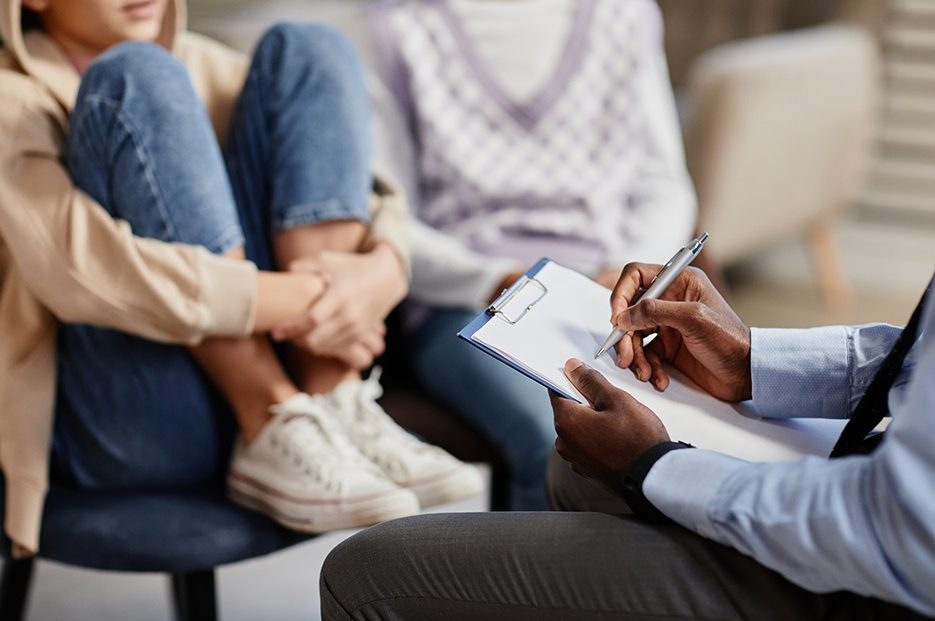








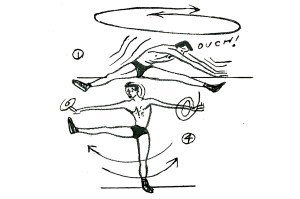
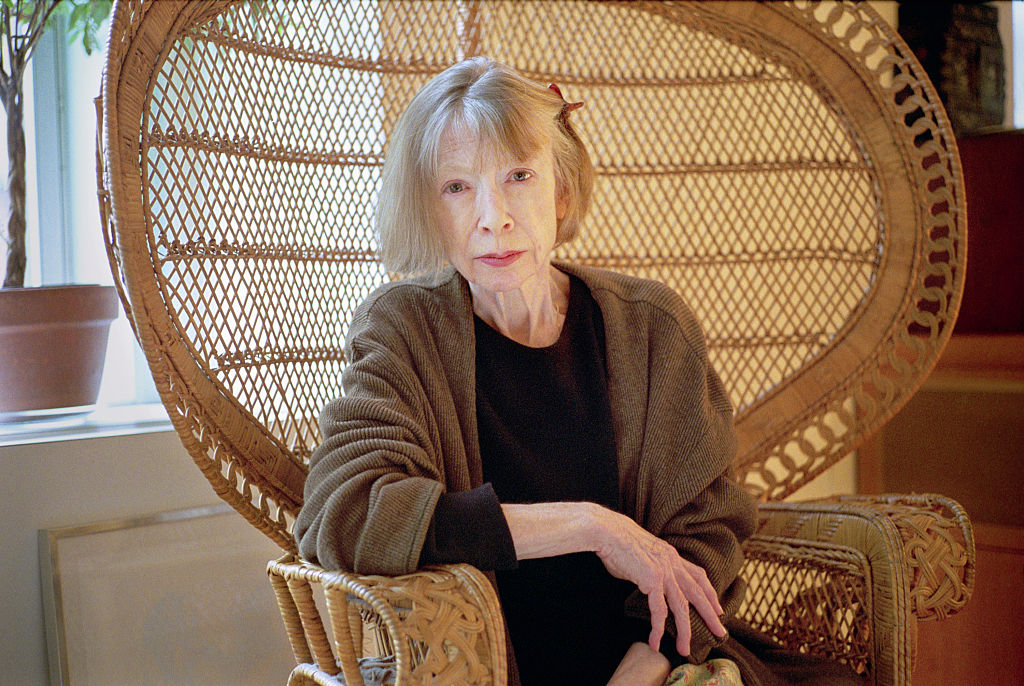
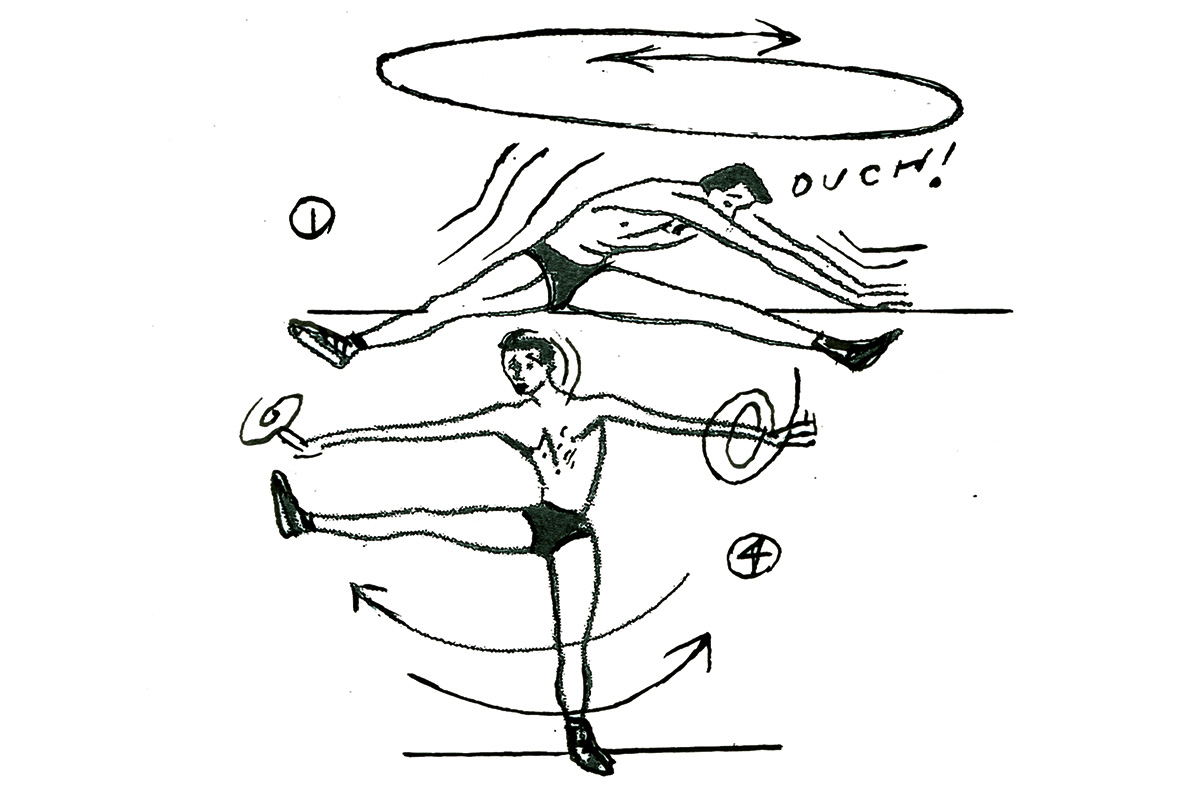
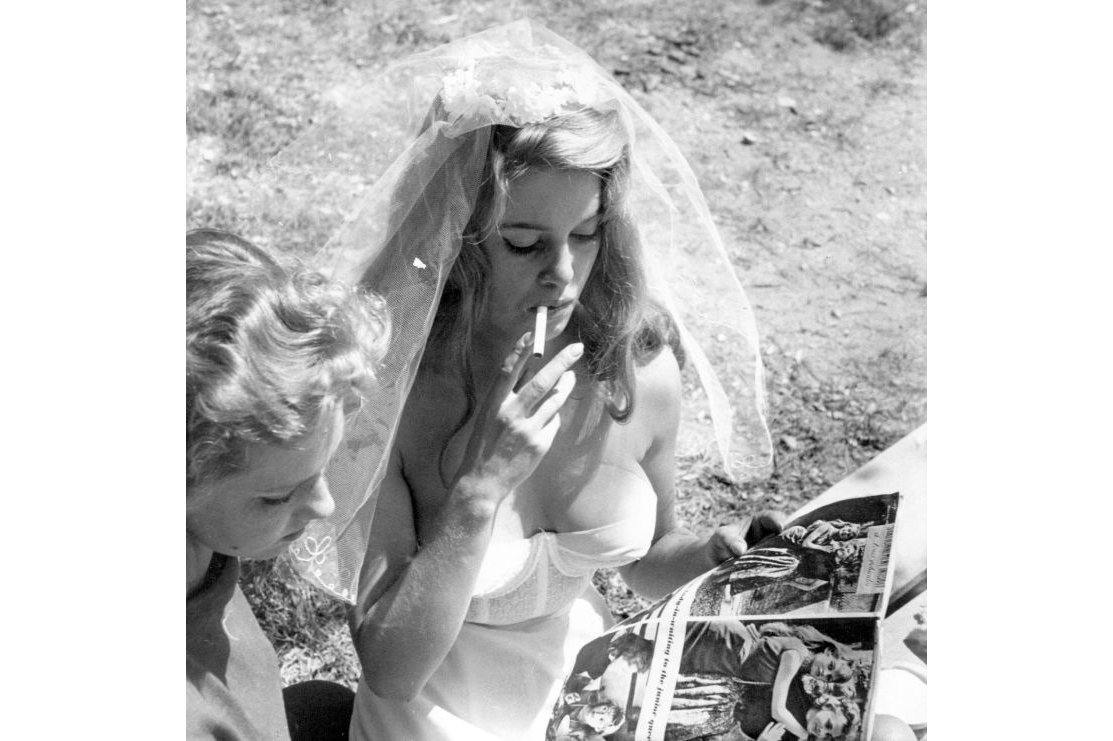










Leave a Reply